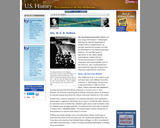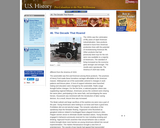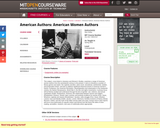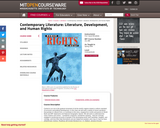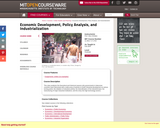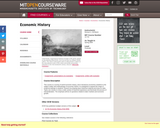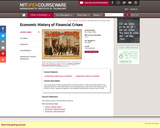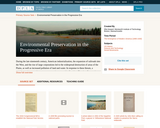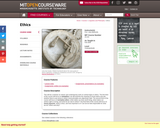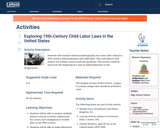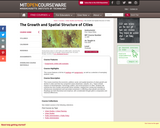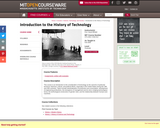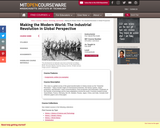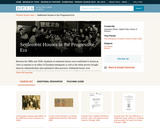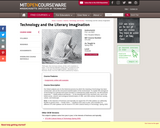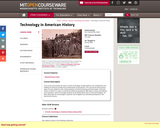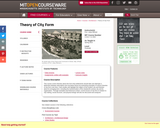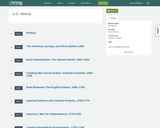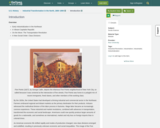Examines in detail the works of several American authors. Through close readings of poetry, novels, or plays, subject addresses such issues as literary influence, cultural diversity, and the writer's career. Topic: American Women Authors. This subject, crosslisted in Literature and Women's Studies, examines a range of American women authors from the seventeenth century to the present. It aims to introduce a number of literary genres and styles- the captivity narrative, slave novel, sensational, sentimental, realistic, and postmodern fiction- and also to address significant historical events in American women's history: Puritanism, the American Revolution, industrialization and urbanization in the nineteenth century, the Harlem Renaissance, World War II, the 60s civil rights movements. A primary focus will be themes studied and understood through the lens of gender: war, violence, and sexual exploitation (Keller, Rowlandson, Rowson); the relationship between women and religion (Rowlandson, Rowson, Stowe); labor, poverty, and working conditions for women (Fern, Davis, Wharton); captivity and slavery (Rowlandson, Jacobs); class struggle (Fern, Davis, Wharton, Larsen); race and identity (Keller, Jacobs, Larsen, Morrison); feminist revisions of history (Stowe, Morrison, Keller); and the myth of the fallen woman (take your pick). Essays and inclass reports will focus more particularly on specific writers and themes and will stress the skills of close reading, annotation, research, and uses of multimedia where appropriate. A classroom electronic archive has been developed for this course and will be available as a resource for images and other media materials.
